
Religious practice has significant effects on the mortality rates of so-called ‘deaths of despair’.
That’s according to a new research paper from three US academics.
In recent decades, death rates from poisonings, suicides, and alcoholic liver disease have dramatically increased in the United States. Examining the phenomena, Tyler Giles (Wellesley College), Daniel Hungerman (University of Notre Dame) and Tamar Oostrom (The Ohio State University) found that these “deaths of despair” began to increase relative to trend in the early 1990s.
They also found that this increase was preceded by a decline in religious participation, and that both trends were driven by middle-aged white Americans.
Moreover, using repeals of blue laws (restricting Sunday trading) as an external shock to religiosity, they inferred that religious practice has significant effects on these mortality rates.
They concluded that social factors such as organized religion can play an important role in understanding deaths of despair.
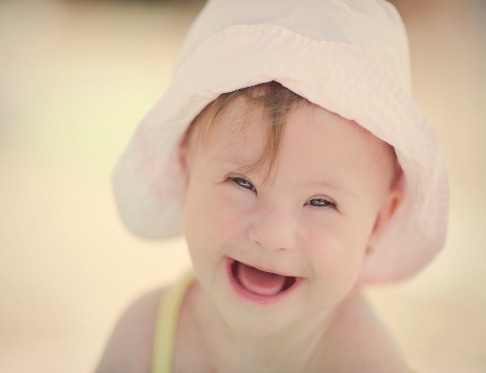
Writing in the Daily Mail, Lawson said that the UK Health Secretary, “should instruct those working within the National Health Service to give parents-to-be an up-to-date and balanced account of the lives of those with conditions such as Down’s and spina bifida, rather than terrify them with horror stories, when they are at their most vulnerable.”
He was responding to a television documentary broadcast last week by Channel 4, entitled Disability And Abortion: The Hardest Choice.
One participant recounted how when she was pregnant with her second son at the age of 34, scans indicated he had Down’s. “We told them that we didn’t want to talk about aborting him, but [the medics] kept saying it. We were asked on three occasions if we wanted to abort him, the last time a few days before he was born” she said.
“They were telling us he might not be able to walk or talk, that his life would be really, really, difficult. They made us feel that bringing a child like Aidan into the world would be a really bad thing.
“For a while it made me feel guilty [for having him].”
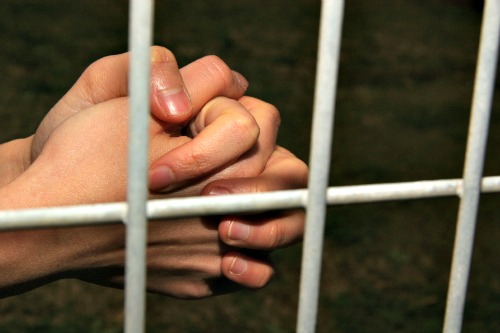
The six Moscow residents had met to study the teachings of the late Islamic scholar Said Nursi. However, they stand accused of “organising” and “participating in” the activities of “Nurdzhular”, which was banned as extremist in 2008 but which Muslims in Russia deny ever existed as a formal organisation. If convicted, the six men could face lengthy prison sentences or six-figure fines.
The men have been in detention in Moscow’s infamous Butyrka Prison since their arrests in October 2021.
The indictment accuses four of the defendants of creating an “organised and purposeful gathering of pupils of a ‘home madrassah'”, in which they “conducted propaganda work among these citizens, their training within the framework of the teachings of Said Nursi – namely, [they] carried out oral public translation of books from [Nursi’s collection of sermons] Risale-i Nur .. held collective discussions of these books, [and] joined with students in conversations, explaining to them the provisions of this religious literature”.

A federal appeals court in the US has blocked a push to force doctors to perform abortions or sex-change surgeries.
The decision was made on religious freedom grounds.
“This ruling is a major victory for conscience rights and compassionate medical care in America,” Joseph Davis, counsel at the legal group Becket, said.
“Doctors cannot do their jobs and comply with the Hippocratic Oath if the government requires them to perform harmful, irreversible procedures against their conscience and medical expertise,” he said.
The court case is known as Franciscan Alliance v. Becerra. Franciscan Alliance, a hospital network founded by the Sisters of St. Francis of Perpetual Adoration. Becket is the alliance’s legal representation. Nine states joined the suit, as did other groups including the Christian Medical and Dental Association.
The Fifth Circuit Court of Appeals on Friday sided with a lower court order and permanently enjoined the U.S. Department of Health and Human Services from requiring the Catholic hospital network to perform abortions or sex-reassignment surgeries “in violation of its sincerely held religious beliefs.”

The wife and son of an evangelist, the sole Christian convert in his extended family in majority Hindu India, helped neighbors burn him to death because of his faith, Christian Solidarity Worldwide has reported.
Police described the crime as a family matter and refused to investigate the killing of the man identified as Madhavan, CSW reported in urging prosecutions for the crime.
“CSW forcefully condemns the gruesome murder of the evangelist Madhavan. It is deeply disappointing to see that the police officials haven’t even registered a complaint, let alone taken any action in response to this egregious act,” CSW Founder and President Mervyn Thomas said. “We urge the government of West Bengal and the central government of India to ensure that justice is served in this case and that the perpetrators do not enjoy the impunity that often surrounds such crimes in India.”

The Irish Government has decried the “alarming” and “concerning” crackdown on the rights of the Church in Nicaragua under President Daniel Ortega’s regime including the arrest of several priests and a bishop.
In a statement to The Irish Catholic, Ireland’s Department of Foreign Affairs (DFA) said the “deteriorating human rights situation in Nicaragua, including the repression of freedom of expression and freedom of religion and belief, is deeply concerning”.
“The human rights violations, crackdowns on opposition voices, independent media, religious and other leaders, and backsliding on democratic norms that have been observed in Nicaragua since 2018, and which have intensified since the November 2021 elections, are unacceptable and deeply alarming,” the DFA spokesman said.
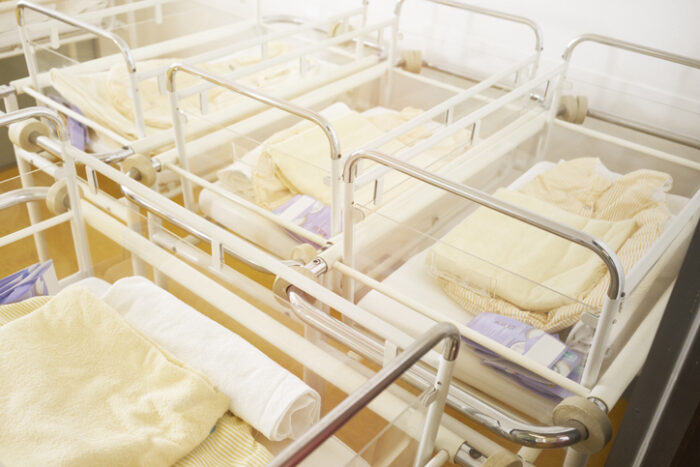
South Korea has once again shattered its own record for the world’s lowest fertility rate as it faces the prospect of its population of 51 million people more than halving by the end of this century.
Korean women were estimated, based on 2021 data, to have an average of just 0.81 children over their lifetimes, down from 0.84 a year earlier, the statistics office said Wednesday. Replacement fertility is 2.1 children per couple. The number of newborns declined last year to 260,600, which equates to about 0.5% of the population.
In the decades following the 1950-53 Korean War, the population at least doubled and in an effort to curb the baby boom in the early years of economic development, the government encouraged couples to have only one child.
That policy was scrapped around the turn of the century as births started to sharply fall, prompting the government to spend tens of billion of dollars each year to encourage more children, but with little success so far.
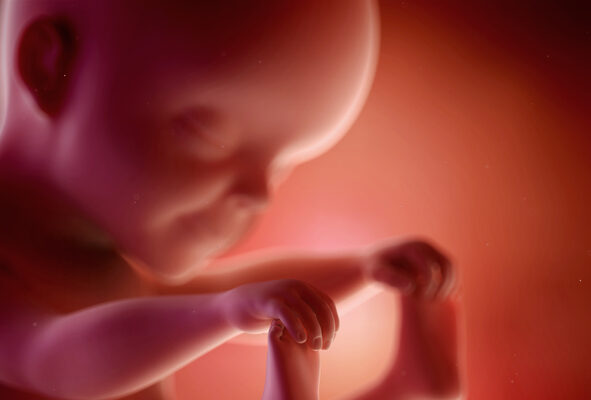
Abortion became illegal in three more US states yesterday, two months after the Supreme Court struck down a federal right to abortion as having no basis in the US constitution. This has left it up to individual states to decide their law.
Idaho, Tennessee and Texas joined 10 other Republican-controlled states in implementing near-total bans on abortion.
Another dozen states are expected to follow suit with their own varying levels of restrictions. Many more states, run by Democratic administrations, allow access to abortion beyond even the very permissive Roe v Wade regime, allowing the procedure up to birth on-demand.
The laws in Idaho, Tennessee and Texas were “triggered” after the US Supreme Court on 24 June overturned the landmark 1973 “Roe v. Wade” thereby allowing states to set their own laws.
In Texas, under the new law, doctors could face life in prison and a fine of no less than $100,000 for performing an abortion.
Texas and Tennessee make no exceptions for rape or incest, though Idaho does.
State restrictions range from total bans on elective abortions to bans that kick in upon a foetal heartbeat, usually after six weeks, or as late as 15 weeks into a pregnancy.
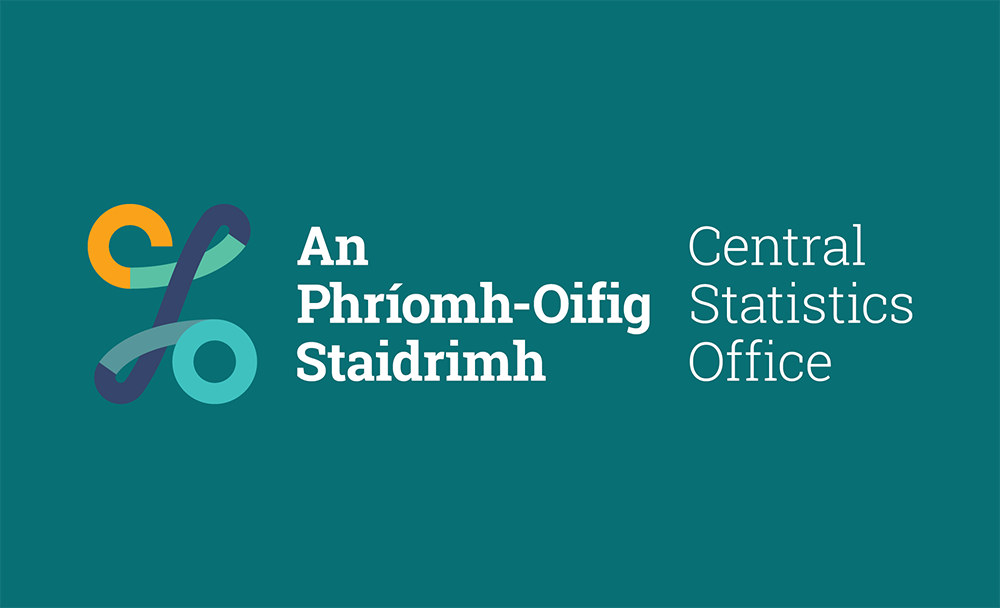
Ireland’s birth rate increased by just over 16% to 16,131 in the first quarter of this year when compared with the same period in 2021 when the country was badly affected by Covid. The new total is just below the corresponding figure for 2017. However, it is still below replacement level.
The first quarter births in 2017 were 16,487; in 2018 it declined to 15,659; in 2019, the figure rose slightly to 15,893; in 2020, it declined to 14,371; in 2021, during the covid19 pandemic, it declined even more to 13,895.
Gerard Doolan, Statistician in the Vital Statistics Division, said: “We can see the number of births has increased by 2,236 when compared with the same quarter in the previous year, up from 13,895 in quarter one 2021 to 16,131 in quarter one 2022.
“Births to teenage mothers increased from 179 in quarter one 2021 to 194 in quarter one 2022.
“More than two in five of all births were outside of marriage/civil partnership, compared to the same quarter a year earlier when 40.1% of births were to mothers outside of marriage.
“Ten years ago, in quarter one 2012, this proportion was more than one in three births.”

An Appeals Court today will hear whether authorities can prohibit a silent prayer gathering on a public street in Pforzheim, Germany.
In May 2021, a lower court allowed a ban on groups praying “within sight” of an abortion counselling facility.
40 Days for Life group leader, Pavica Vojnović, however says that the prohibition constitutes an egregious violation of fundamental freedoms. The group hopes the court will lift the ban, recognising their rights to freedom of religion, expression, and assembly.
“What kind of society restricts prayer for vulnerable women and children? By prohibiting even silent prayer near an abortion counselling facility, the Pforzheim authorities have gone beyond what could be considered reasonable or proportionate. Whether or not people agree with the group’s views on the sanctity of life, everyone can support the fundamental rights to freedom of religion, expression, and assembly,” said Lidia Rieder, legal officer for ADF International, who has supported Vojnović’s case.